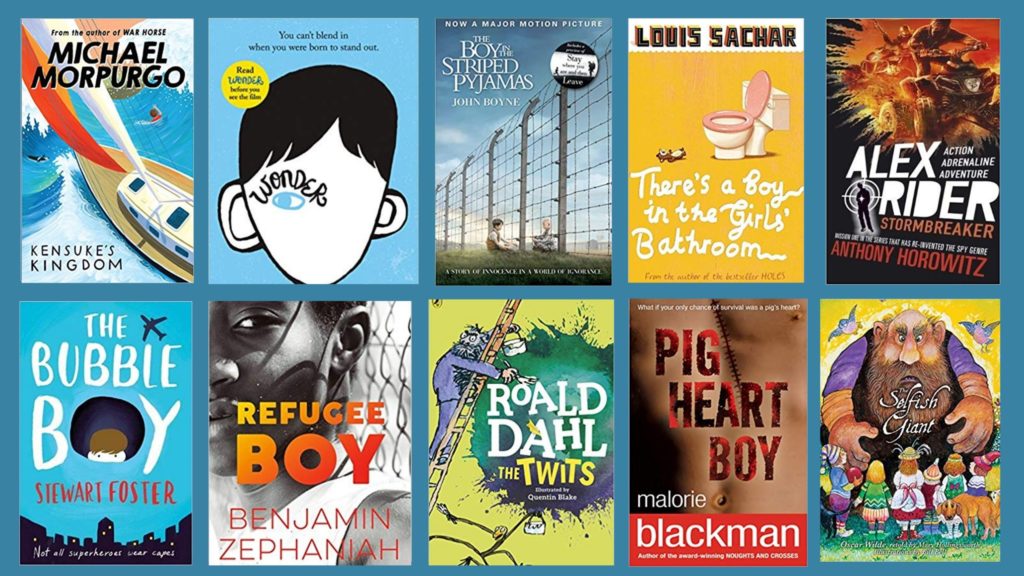Teaching Shakespeare in KS3

Shakespeare is undeniably one of the greatest playwrights in history. We relish his plays, his poetry, and his prose. Four hundred years after his death, Shakespeare is taught and examined to remind pupils that his literature matters.
That said, teaching Shakespeare is not everyone’s cup of tea. For some pupils, it is like learning a new language, one that they don’t always connect with. So here are a few steps to help your students overcome the challenges of his literature.
1. Find the modern translation
Spark notes have free online texts of Shakespeare’s plays and sonnets side-by-side with translations into modern English. I would highly recommend printing key scenes for pupils, or (if the printing budget allows) the whole play. It’s imperative that they understand the play before they can analyse it, so invest! Remember that modern translation can sometimes distort the meaning of the text, so clarify where needed.
2. Watch a modern adaptation of the play
Besides the obvious entertainment factor, pupils can see the play being brought to life. Baz Luhrmann’s, ‘Romeo and Juliet’ is a masterpiece and pupils can appreciate and discuss his directorial choices. Similarly, Kurzel’s, ‘Macbeth’ is a convincing and accurate portrayal of the play. Encourage your pupils to follow the play in their texts and note key scenes or lines as they watch. Be sure to remind them of any anomalies from the original text.
3. Use drama
There is no greater tool for understanding Shakespeare than drama. Pupils should use role-play to re-enact key scenes or poems. They can use freeze frames, improvisation, hot-seating etc. and perform for the class. Not only does this help them to understand the play, but also to memorise important lines of key scenes. Following the drama performances, ask pupils to write an evaluation.
4. Make Shakespeare relevant
Facilitate class discussions and debates about Shakespeare’s relevance today. Explore key themes like love, death, honour and how they fit into society today. Use examples from the news, history and in their lives – how can they relate Shakespeare’s stories to their own lives? Why do we still study his literature today? If the pupils understand why we study Shakespeare, they will engage with his work on a deeper level.
5. Write in the style of Shakespeare
If studying ‘Romeo and Juliet,’ ask pupils to write a love letter, or Friar Laurence’s telegram, or the prologue in modern English. If studying, ‘Macbeth,’ ask pupils to rewrite the lyrics of the witches’ prophecies, design a murder mystery or write a diary entry. Whatever you choose, keep it interactive and memorable. Pupils aren’t expected to write essays until KS4, so keep it light and entertaining.
We quote Shakespeare on a daily basis and don’t even know it. ‘Green-eyed jealousy,’ ‘tongue-tied’ and ‘in a pickle’ all come from his literature, so remind pupils that they are studying a genius who never expected his plays to be taught in classrooms 400 years later!








Responses